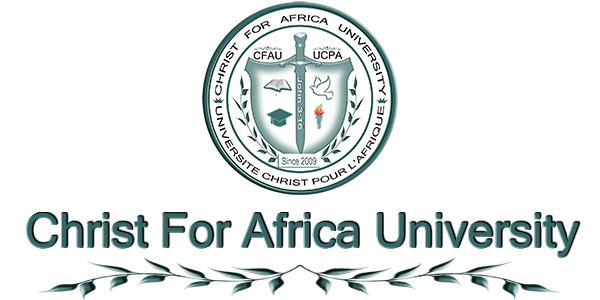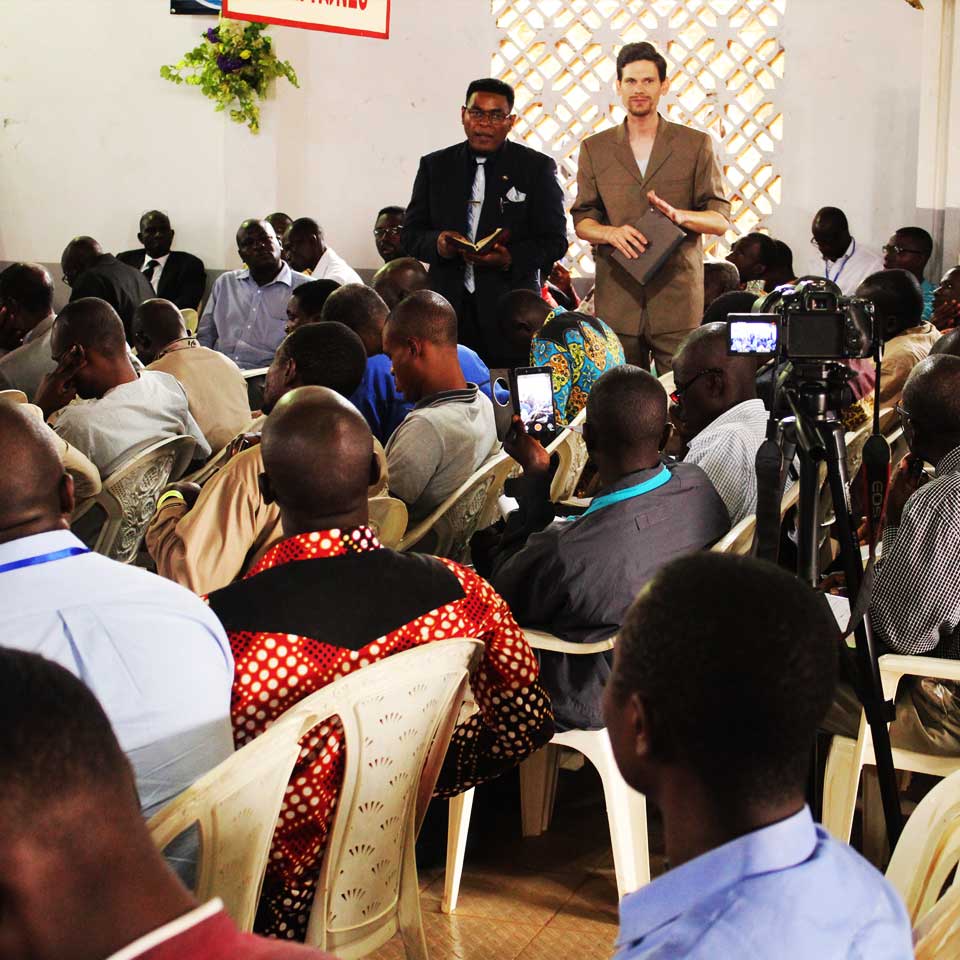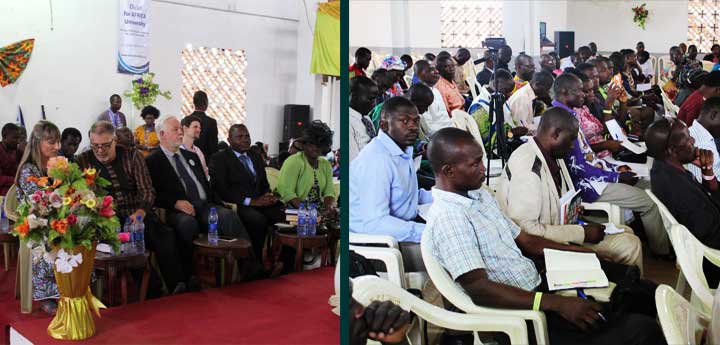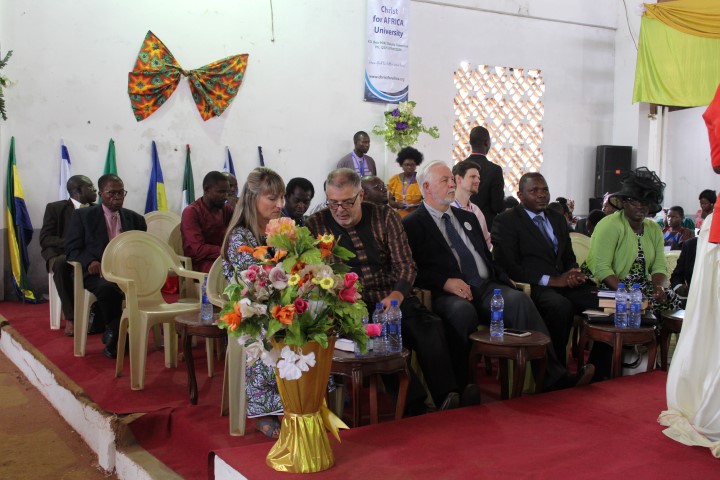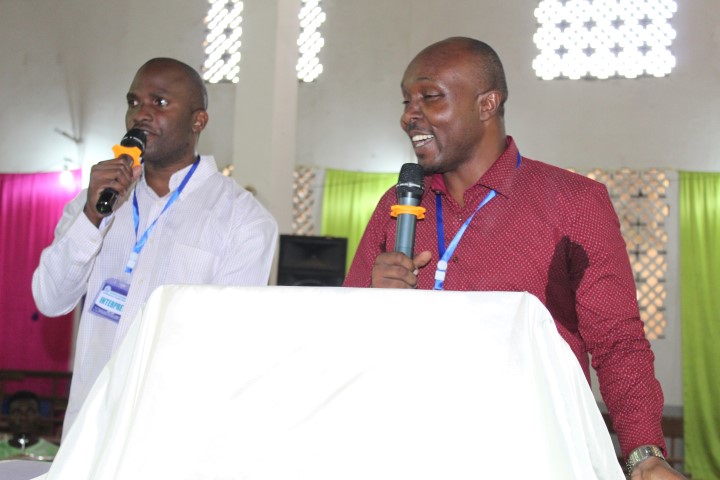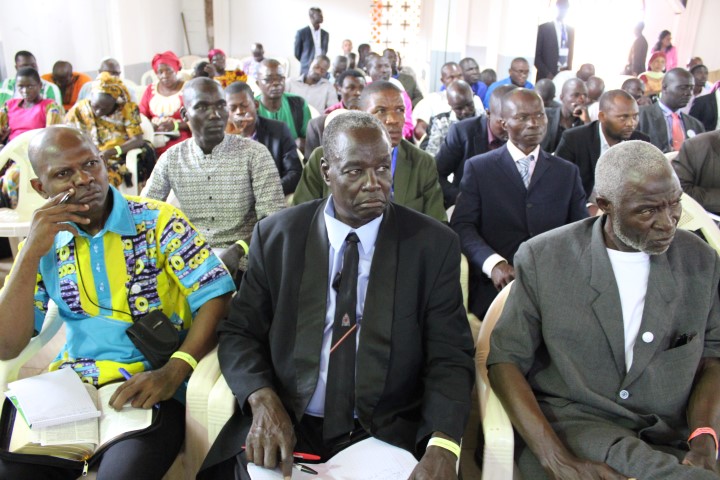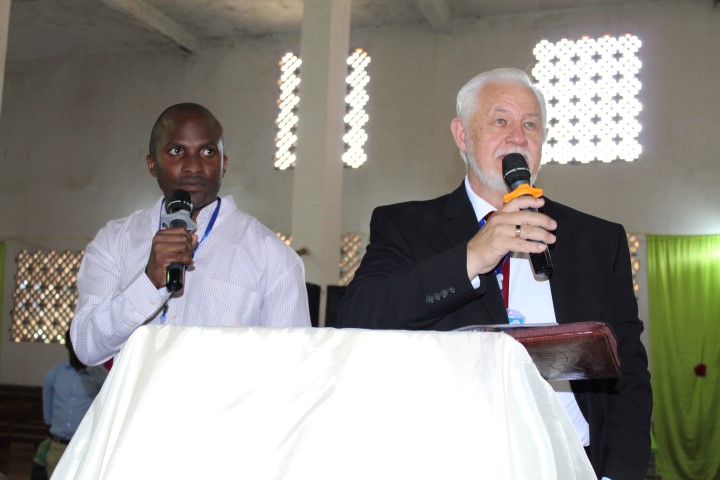Over 413 million (41%) Sub-Saharan Africans currently live in extreme poverty - below $1.9 a which is the current poverty line determined by the United Nations. In comparison with Sub-Saharan Africa, only 18.6 million (5%) North Africans leave in extreme poverty (World Bank publication, "Piecing Together the Poverty Puzzle", 2018).
1 in 4 African adults (130 billion people) paid a bribe in a public service within the past year (Transparency international, "GLOBAL CORRUPTION BAROMETER AFRICA 2019", 2019).
The least corrupt institutions in Africa are religious institutions with a corruption rate of 16% (Transparency international, "GLOBAL CORRUPTION BAROMETER AFRICA 2019", 2019).
CFAU strives to UNIFY AND BRING TOGETHER CHRISTIAN DENOMINATIONS AND INSTITUTIONS, UNDER THE UMBRELLA OF A RELIGIOUS AND AN ACADEMIC PLATFORM (CIMEA), TO ACTIVELY UTILISE CHRIST-BASED APPROACHES to analyse, develop, propose, and start implementing effective and lasting solutions to AFRICAN challenges, with a special emphasis on Sub-Saharan Africa.
In line with Goal 17 of the United Nations Sustainable Development Goals which advocates for the use of international cooperation as vital component in the search for solutions to a combination of social challenges like poverty, hunger, education, water and sanitation, etc, and which also advocates for the utilisation of "multi-stakeholder partnerships to share knowledge, expertise, technology, and financial support..." , CFAU has forged key international partnerships to cooperate within the framework of CIMEA.
CIMEA's main goal is to promote good governance by positively impacting, shaping, or reshaping African Christian/community leaders and potential leaders both directly and indirectly. Our long term objectives include helping improve good governance by positively impacting the development of 10,000 (potential) leaders in Africa by 2030.
